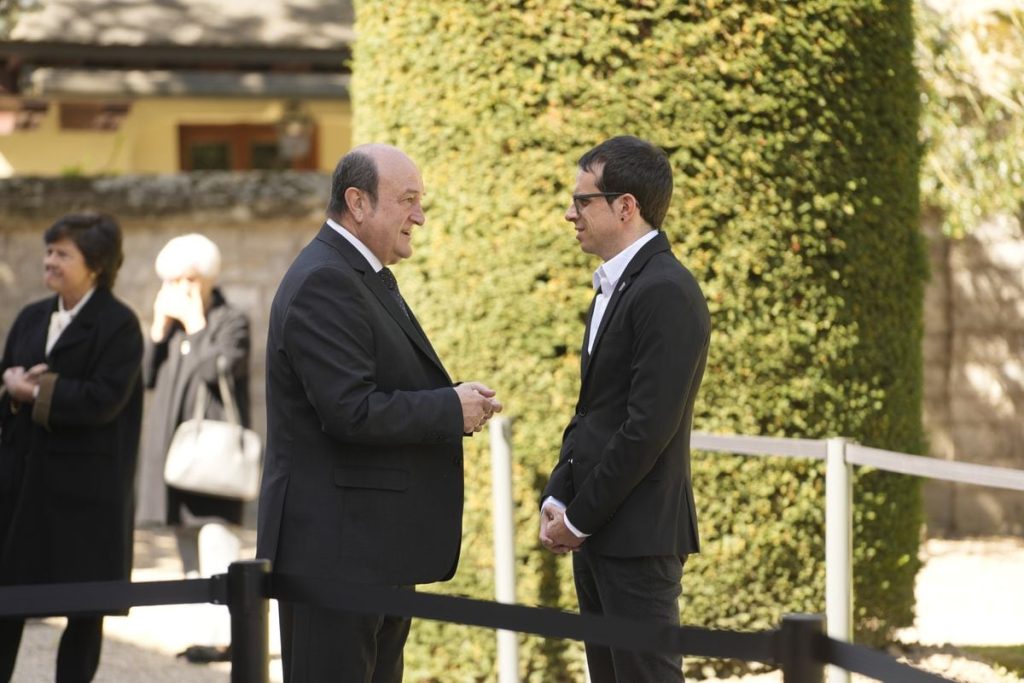Alberto Núñez Feijóo, the president of the PP, is aware that the upcoming Basque elections on April 21st will not bring his party the same success as the Galician elections, and that they lack allies except for Vox. As a result, his participation is minimal and he presents himself as the only alternative against all. Although he has moderated his usual discourse, he has stated that the only project of PNV and EH Bildu is similar to the Catalan procés. However, the reality is that EH Bildu will significantly increase its support in these Basque elections, absorbing much of the Podemos vote and challenging the hegemony of the PNV. Despite this, Euskadi is actually further from independence, with only 13% of Basques expressing a desire for separation, even less than in previous years.
In the post-terrorism era, Basque society has moderated its nationalist impulses with the emergence of a new generation, moving away from the strong separatist sentiments prevalent during the government of Juan José Ibarretxe. Parties with nationalist leanings have adjusted and softened their identity claims in response. EH Bildu, for example, has shifted its focus from independence to social and economic issues that are more relatable to the population. This pragmatic approach mirrors the actions of the PNV, demonstrating a move towards gradual normalization and away from radical positions.
Since its legalization in 2011, EH Bildu has undergone a process of evolution, moving from advocating for the right to self-determination to focusing on practical social and economic issues. The party actively supported the disarmament and dissolution of ETA between 2017 and 2018, demonstrating a clear rejection of violence and a commitment to institutional participation. EH Bildu’s presence in the institutions has allowed it to influence government decisions in favor of left-wing policies, impacting coalitions and alliances at both the local and national level.
EH Bildu’s normalization process has enabled its full participation in parliamentary activities following the end of terrorism, meeting the ethical standards set forth by democratic parties in the Basque region. However, the next step towards joining the government requires a clear rejection of ETA’s violent past by EH Bildu, specifically by Sortu, its core group stemming from Batasuna. The PNV and PSE-EE demand this as a condition for potential governance partners, in line with the post-terrorism ethical agreements.
Despite progress made towards normalization, Núñez Feijóo’s PP continues to harshly criticize EH Bildu, associating it with ETA and using its partnerships with the Sánchez government to undermine the PSOE electorally. This stance is seen as inconsistent, as the PP has previously formed alliances with EH Bildu when in government. Acknowledging EH Bildu’s evolution and joining other parties in demanding a complete rejection of ETA’s terrorist past could expedite the normalization process in the Basque region. The shift towards tolerance and dialogue in the post-terrorism era is essential for maintaining peace and stability in the Basque Country.


